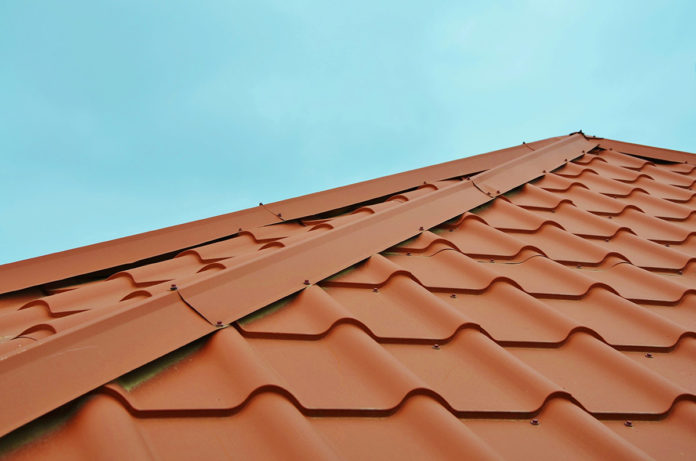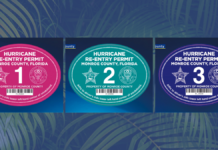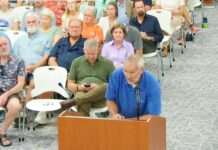
A reinsurance program and a crackdown on fraudulent roof claims are among the proposals approved during a special session in Tallahassee to address a property insurance crisis.
Senate Bill 2-D, which cleared the Senate on May 24 and the House on May 25, authorizes a $2 billion reinsurance fund for insurance companies. Known as the Reinsurance to Assist Policyholders Program, insurers can purchase insurance to insulate them from risk. But they would have to reduce policyholders’ rates in order to access the program.
While insurance companies are the ones taking advantage of RAP, Rep. Jay Trumbull said during the May 25 House session that the law specifically says the insurance company “has to show reduction of rates to the consumer.”
Legislation also dedicates $150 million to create the My Safe Florida Home Program, which provides grants to help homestead single-family homes, with insured values of $500,000 or less, to strengthen their homes in the event a hurricane hits. Those participating in the program would receive free home inspections that would identify mitigation measures. Money would be provided to them to retrofit their properties.
Rep. Jim Mooney told fellow legislators on the House floor on May 25 that the bill is the first step that stabilizes the market.
“We can’t fix this in a day. It’s going to be a process,” he said, adding that the My Safe Home Program will help stabilize the market even more.
As for roofs, the bill prohibits an insurer from refusing to issue or refuse to renew a homeowner’s insurance policy of a residential structure with a roof that is less than 15 years old. For roofs more than 15 years old, an insurer must allow a homeowner to have a roof inspection before requiring a roof replacement. If an inspection indicates the roof has five years or more of useful life, an insurer can’t refuse to issue or refuse to renew a homeowner’s insurance policy.
“I do think that this isn’t the last bill we will talk about in this building as it relates to property insurance,” Trumbull said. “It’s a great first step to reduce cost losses and give property insurance relief.”
The bill also tackles attorney fees related to property insurance cases. Many insurers say those fees are contributing to rate increases for policyholders. Gov. Ron DeSantis called representatives in the House and Senate back to deal with a number of issues related to property insurance, which included rate hikes for policyholders. According to the Office of Insurance Regulation, Florida accounted for 79% of the nation’s homeowners insurance lawsuits over claims filed while making up only 9% of the nation’s homeowner’s insurance claims.
In addition, the Florida insurance industry saw two straight years of net underwriting losses exceeding $1 billion each year. In 2021, four insurance companies writing homeowners coverage either went insolvent or required midterm cancellations. In the last three months, three insurance companies writing homeowner coverage in the state have gone insolvent and are either in liquidation or rehabilitation, and numerous others have non-renewed policies or ceased writing new business.
Citizens Property Insurance, the state’s public insurer of last resort, saw an increase of 399,822 policies since the start of 2020. It’s on track to have more than one million policies by the end of 2022.
“It is necessary for the state of Florida to act to stabilize the insurance market for Florida policyholders before the 2022 Atlantic hurricane season, which begins June 1 and ends on Nov. 30, 2022,” DeSantis wrote.
An amendment added to a bill dealing with roof repairs and replacement, Senate Bill 4-D, addresses the 2021 Surfside condominium collapse that took 98 lives. Filed by Rep. Daniel Perez, legislation states that structures at least three stories high and located within 3 miles of the coast would undergo inspection by a licensed architect or engineer 25 years after a certificate of occupancy is issued. Buildings located more than three miles away from the coast would need inspection every 30 years. After the first inspection, condos and other tall buildings would be inspected every 10 years. Condo homeowners’ associations would be responsible for paying for the inspections. The bill passed in the Senate. A similar bill in the House, 5-D, awaits approval.
“The Florida Legislature has grappled with reaching a consensus on what meaningful reform looks like, but today we have arrived at an agreement that will help to ensure this kind of tragedy never happens again,” Speaker Chris Sprowls said in a statement.

















